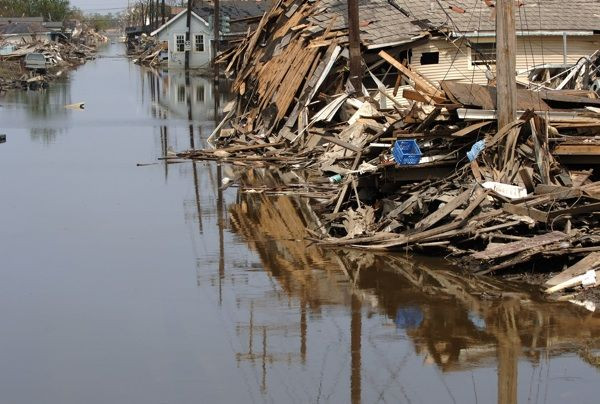Louisiana Flood Update 2016: Risk Of Water Borne Illness Rises, State Of Emergency Issued

The death toll is on the rise in Louisiana after massive flooding throughout much of the southern portion of the state. At least 13 people have been pronounced dead from flooding, according to ABC News.
While details of deaths have yet to be revealed aside from one man who died from “accidental drowning,” the number of people dying there is a chance the death toll will only continue to rise as more rain and flooding is expected to hit the state, creating more risks for water-borne viruses and diseases from polluted water.
According to the World Health Organization (WHO), wound infections, dermatitis conjunctivitis, and ear, nose and throat infections are more commonly contracted during severe flooding. However, flooding could also potentially lead to the spread of cholera, leptospirosis, typhoid fever and Hepatitis A.
Standing waters are more prone to vector-borne diseases as flooded areas tend to become breeding grounds for mosquitos, which can pass on diseases such as malaria, West Nile fever and dengue.
Seeking shelter on elevated grounds is crucial during times of mass flooding. However, things as simple as drinking clean purified water (preferably bottled water), washing hands regularly and avoiding contact with flood water can go a long way during times of natural disaster.
Homeland Security Secretary Jeh Johnson is slated to visit Louisiana Thursday to review the federal government’s response to the flooding, which has caused approximately 70,000 people to register for individual assistance while over 9,000 have filed insurance claims. More than 40,000 homes have faced damages due to the flooding.
A state of emergency was issued by President Obama in the Baton Rouge and Lafayette areas, and more than 8,000 people were forced to evacuate their homes and seek shelter in centers located on higher grounds.
With the National Weather Service (NWS) issuing more flash flood warnings for more areas of the state on Thursday, officials in Vermillion Parish in southern Louisiana have already called for evacuation.
"The good news is it's not widespread, more hit and miss," NWS meteorologist Roger Erickson told NBC News. "The problem is there is nowhere for the water to run off. In the last couple of days, we've had to reissue flash flood warnings in areas that had been showing improvement."
While Erickson said that they are “hoping for a drying period this weekend,” he noted that it may still take “one to three weeks to get all this water out into the Gulf of Mexico.”
Certain parts of Louisiana has received a least a foot of rain since Friday, and some areas have gotten up to 30 inches of rainfall.
© Copyright IBTimes 2025. All rights reserved.






















